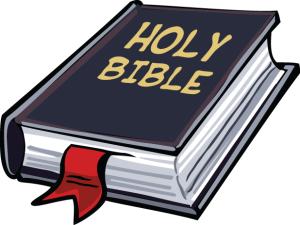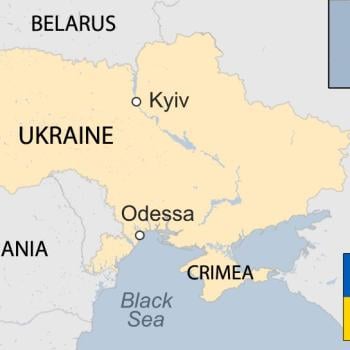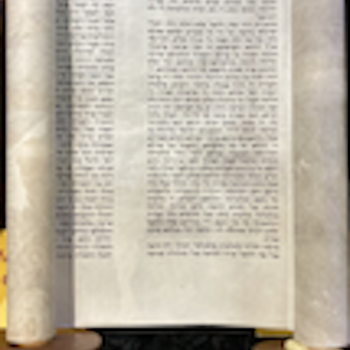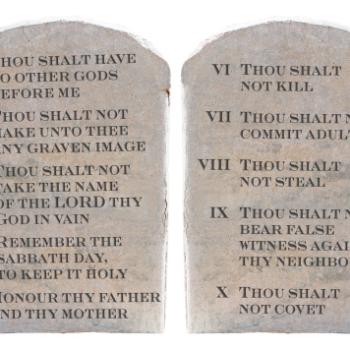 Sometimes an author finishes a book and gets it published, then sometime later the author realizes something that should have been put in that book. Maybe it was an additional piece of research for a nonfiction book or some tweak to a plot in a fiction book. But what’s done is done, right? Well, that the way it it used to be. But not any more.
Sometimes an author finishes a book and gets it published, then sometime later the author realizes something that should have been put in that book. Maybe it was an additional piece of research for a nonfiction book or some tweak to a plot in a fiction book. But what’s done is done, right? Well, that the way it it used to be. But not any more.
Book publishing is much different now, due to our advancing technological age. Books aren’t just printed, but also digital. The internet changed book publishing big time, making possible eBooks. More recently, there is POD, meaning Print On Demand. That has changed book publishing too. The old model of print runs, storing a bunch of printed books in warehouses, distributors selling those books to brick-and-store retail outlets, and half of all those fiction print books get destroyed because they’re not selling–that model is still around, but it’s dwindling due to POD, in which books can be printed one at a time.
Amazon.com, which started out selling only books, but now sells everything, has affected the book business a lot. Half of all books now purchased in the U.S. are bought online from amazon.com. And guess how those individual orders are filled? A lot of those books are produced one-at-a-time with POD.
One of the many improvements Amazon made to the book business was to make it easier for authors to get published. Most people who tried to become an author just couldn’t get published. But now, with Amazon’s KDP (Kindle Direct Publishing), anyone can publish a book, and it doesn’t even cost one red cent! The kicker is that marketing becomes that much more critical. That is, it’s up to the KDP author to promote his or her book(s) to get sales. With traditional publishing, it is mostly up to the publisher to do the promoting of books.
Another interesting point is that when an author finishes a book and it gets published with KDP, that author can add that later idea to the book. You just make the change on the KDP website, hit the button that publishes it, and presto–the book is changed. Now, that change in the manuscript can be issued as a new version of the eBook or even the printed volume because of POD.
Two months into COVID-19, I wrote a piece and posted it on my blog saying the apostle Paul did not abolish Moses food laws. Those laws are in Leviticus 11 and Deuteronomy 14 in the Bible’s Old Testament, which is whole so-called Jewish Bible. It’s about God giving Moses the Torah and including instructions about what animal meats the Hebrew people could eat and not eat. Those land animals allowed to eat are called “clean,” such as cattle, sheep, goats, deer, etc. Those land animals prohibited are called “unclean,” which include pigs, horses, camels, etc. The measure applied is that land animals that divide the hoof and chew the cud are “clean,” and those that don’t are “unclean.” Not much is said about why this division, and nothing is said about what will happen if the Hebrews eat unclean.
Ever since antiquity, there has been a huge amount of debate about why God gave Moses this instructions upon which Jews largely base their so-called “kosher diet.” When Christianity came along, church fathers began opposing eating kosher. And to do so, they would interpret certain passages of the New Testament, which became part of the Christian Bible, in support of their opposition to a kosher diet. Thus, they taught that Jesus “declared all foods clean,” in Mark 7.19b, and Paul said of all meat that “nothing is unclean in itself” (Romans 14.14, cf. v. 20). I think the Mark 7.19b text is not translated correctly and that it is part of Jesus’ saying, instead of being translated as a parenthetical explanation by the author, as here. And the Romans text must be interpreted in its context.
This has been the view that Christian scholars have taught ever since, even to this day, that both Jesus, Paul, and Peter abolished the Mosaic food laws about animals being clean or unclean. I had never been comfortable with this interpretation because of only one very important biblical text–Matthew 5.17. At the very beginning of Jesus’ public ministry, laid down in his so-called Sermon on Mount, after the beatitudes he prefaced his remaining remarks by saying, “Do not think that I have come to abolish the law or the prophets. I have come not to abolish but to fulfill.” Why do I say this is so important? According to the New Testament gospels, Jewish religious authorities were constantly trying to trap Jesus, a Torah expert, in his words in order to accuse him of teaching against Torah and thereby get him killed for blasphemy. If he taught against Moses’ food laws, they surely would have brought to his attention and mentioned it at his hearing before the Sanhedrin, both of which never happened showing that he never taught against it.
When COVID-19 emerged, I noticed that the nine leading pandemic diseases in the world ever since the Spanish Flu were corona viruses caused by animals which the Mosaic food laws deem unclean. I then began to wonder if there was a connection.
Then I quickly wrote a book about this, comparing Moses’ food laws to zoonotic diseases, especially COVID-19. I published it in mid-summer of 2020. I admit that it has an ambitious title, which is Moses Predicted COVID-19. I was restricted in doing research since libraries were closed and governments imposed lock down measures to fight this pandemic that has now killed over one million Americans.
About two months ago, I noticed a New Testament text that supports my thesis in this book, and I wished I would have mentioned it. But guess what, because I published this book with Amazon’s KDP (my first time to do this), I could now easily edit the manuscript and republish it, which I did.
What NT text is it? The book of Acts informs that the apostle Paul had been arrested by Roman authorities because of Jews bringing accusations against him. There came a day when Paul stood before “Felix the governor” of Judea (Acts 23.24; xd. 24.1-2). It was Roman law that defendants were permitted to speak in defense of themselves before the governing authority (Acts 25.16). In Paul’s statement he said, “I worship the God of our ancestors, believing everything laid down according to the law or written in the prophets” (Acts 24.14 NRSV). And he subsequently added, “I have in no way committed an offense against the law of the Jews” (25.8). For Paul to say this, he certainly had not taught against the Mosaic dietary laws in Leviticus 11 and Deuteronomy 14, that is, to abolish them.
So, I easily added a paragraph about Acts 24.14 in my already published book to further strengthen my thesis. It’s one of the advantages of our advancing technological age.













